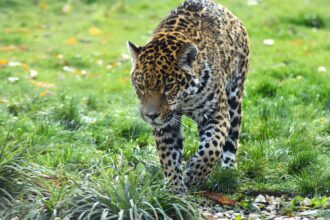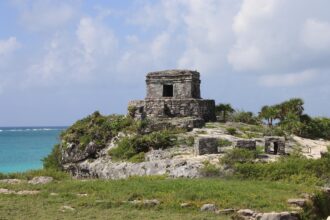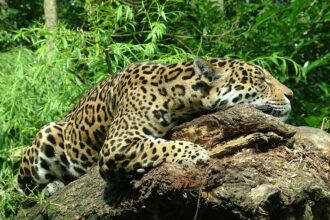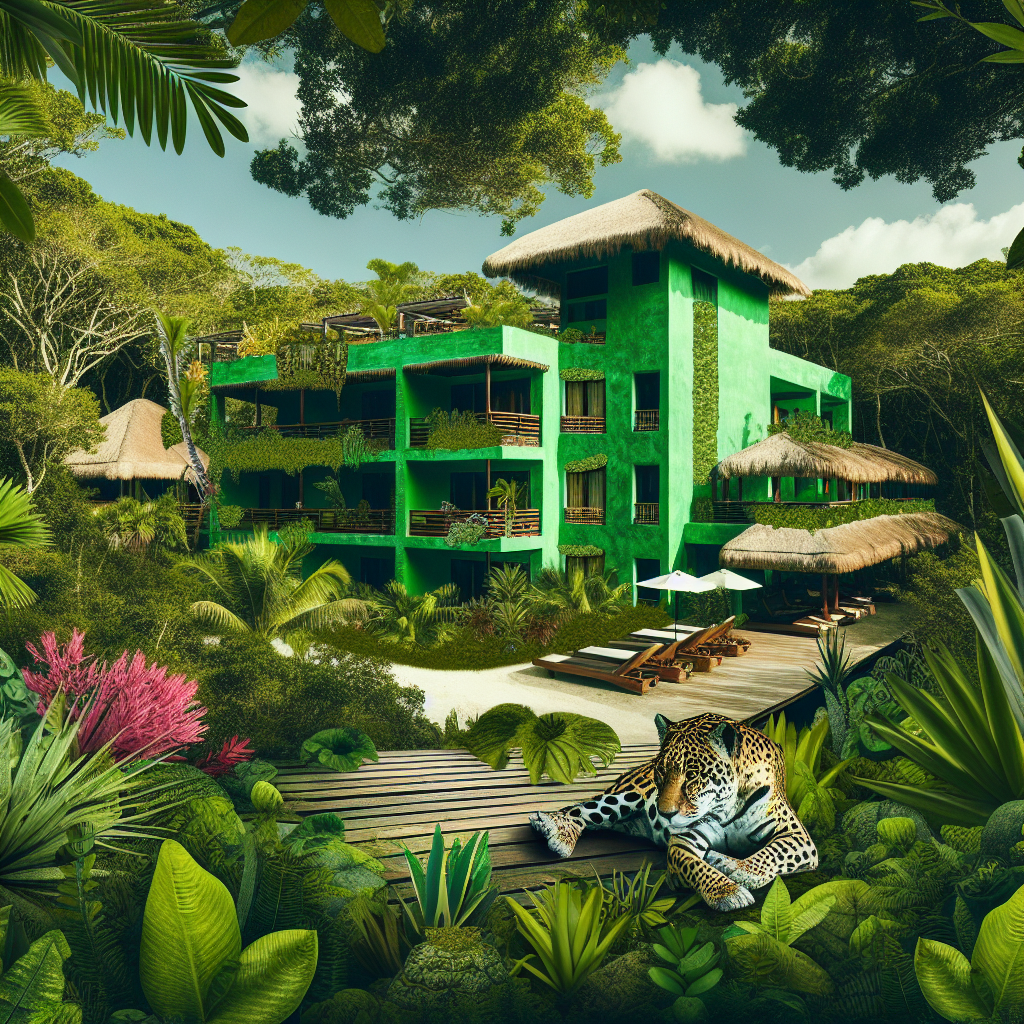Green Stays: Eco Hotels in Tulum that Care for Jaguars
Tulum: A Hub of Ecotourism
Tulum, located on Mexico’s Yucatan Peninsula, is renowned for its stunning beaches, Mayan ruins, and vibrant arts scene. The area has rapidly transformed into a center for ecotourism, drawing environmentally conscious travelers from around the globe. The region’s natural beauty and biodiversity, particularly the presence of the iconic jaguar, have prompted the growth of eco-friendly accommodations that focus on sustainability and wildlife conservation.
Importance of Jaguars in the Ecosystem
Jaguars (Panthera onca) play a crucial role in maintaining the balance of their ecosystem. As apex predators, they regulate populations of other species, preventing overgrazing and promoting biodiversity. However, due to habitat loss and poaching, jaguar populations are declining, making their conservation vital. Tulum’s eco hotels are rising to the challenge by implementing practices that protect these magnificent creatures and their habitats.
Eco Hotels in Tulum Focused on Jaguar Conservation
-
Hotel Zazilkin
- Overview: Nestled in the lush jungle, Hotel Zazilkin prioritizes sustainability and wildlife preservation. The hotel’s design minimizes environmental impact, blending seamlessly with its natural surroundings.
- Sustainability Initiatives: Zazilkin employs solar power, rainwater harvesting systems, and organic waste composting. They partner with local wildlife conservation organizations to monitor and protect jaguar habitats nearby.
-
Habitas Tulum
- Overview: With a strong emphasis on nature and sustainability, Habitas Tulum offers accommodations that feature rustic luxury while embracing eco-conscious practices.
- Sustainability Initiatives: The hotel integrates local materials into its construction and employs eco-friendly technologies. Their commitment to conservation is evident in their collaboration with nearby wildlife organizations to create safe corridors for jaguars, allowing them to roam freely.
-
Coco Tulum
- Overview: This beachfront hotel combines rustic charm with sustainable living. Coco Tulum boasts eco-chic accommodations that invite guests to immerse themselves in the natural beauty of the area.
- Sustainability Initiatives: Coco Tulum focuses on reducing plastic usage by providing refillable water stations and locally sourced, organic food. The hotel promotes awareness about jaguar conservation, hosting events to educate guests on the importance of preserving local fauna.
-
Encantada Tulum
- Overview: Encantada offers a unique blend of comfort and sustainability, surrounded by stunning coastal landscapes and lush flora. This intimate hotel prides itself on a minimalistic approach to luxury.
- Sustainability Initiatives: Encantada uses solar energy, biodegradable products, and employs a permaculture garden to provide fresh produce for its restaurant. They actively engage in conservation projects dedicated to preserving jaguar habitats and promoting biodiversity.
- Jashita Hotel
- Overview: Located in an unspoiled part of Tulum, Jashita Hotel provides a serene escape while emphasizing a commitment to ecological balance.
- Sustainability Initiatives: Jashita utilizes eco-friendly construction techniques and participates in local conservation efforts, including initiatives aimed at protecting jaguar populations through habitat preservation and anti-poaching campaigns.
Ethical Wildlife Tours
Many eco hotels in Tulum offer ethical wildlife tours that prioritize conservation education over exploitative thrill-seeking. These tours educate visitors about jaguar behavior, habitat, and the threats they face, enhancing guest awareness and support for conservation efforts.
- Guided Nature Walks: Eco-friendly hotels organize guided tours that explore local ecosystems, often led by knowledgeable guides who focus on the importance of jaguar conservation.
- Community Involvement: Tours may include visits to local communities involved in conservation efforts, creating a direct link between tourism and preservation.
Guest Participation in Conservation
By staying at eco hotels in Tulum, guests often have the opportunity to participate directly in conservation initiatives.
- Volunteering Opportunities: Some hotels provide guests with the chance to volunteer in local conservation projects, such as habitat restoration or wildlife monitoring.
- Donation Programs: Eco hotels also contribute a portion of their profits to local conservation efforts. Guests can be part of this initiative by choosing to donate when booking their stays.
Sustainable Practices in Wrapping up the Experience
- Food Sourcing: Hotels prioritize farm-to-table dining experiences, sourcing ingredients from local organic farms and sea, emphasizing seasonal menus that reduce environmental impact.
- Waste Reduction: Many eco hotels implement strict recycling policies, use biodegradable amenities, and encourage guests to engage in sustainable practices during their stays.
Supporting Local Communities
Eco hotels in Tulum often work closely with local communities, providing employment opportunities and supporting local artisans. This collaboration fosters a deeper connection between travelers and the culture of the region, enhancing the visitor experience while promoting sustainable development.
- Cultural Packages: Many hotels offer packages that include workshops or classes led by local artisans, focusing on traditional crafts or cooking, thus enriching the travel experience and supporting local economies.
The Future of Ecotourism in Tulum
With increasing awareness of environmental issues and wildlife conservation, eco hotels in Tulum are becoming models for how tourism can be both enjoyable and sustainable. By balancing guest experiences with jaguar conservation, these establishments demonstrate that economic viability and ecological responsibility can coexist.
In summary, Tulum’s eco hotels not only provide stunning accommodations but also champion the cause of jaguar conservation through sustainable practices, community engagement, and ethical tourism. Each stay at these hotels nurtures the environment and contributes to preserving one of nature’s most beautiful creatures, ensuring that future generations can also enjoy the splendor of the jungle and its inhabitant—the mighty jaguar.







